Tarlac City, Tarlac – following the most recent typhoons that battered the country in the past months, LGUs in the province of Tarlac including the provincial government participated in the reorientation on Rapid Damage and Needs Assessment (RDANA) and Post-disaster Needs Assessment (PDNA) initiated by the Office of the Civil Defense and the Regional Disaster Risk Reduction and Management Council on December 3, 2020.
DILG Tarlac Provincial Director Belina T. Herman and LGOO VI Bryan Rivera were among the participants in the one-day event together with the C/MDRRMOs and concerned offices of Tarlac and other provinces in Region 3.
Mr. Bong Bernabe, MDRRMO of Cardona of Rizal Province acted as resource person and presented the basics of RDANA and PDNA. He reminded that RDANA is immediately done after a disaster and shall be composed of OCD personnel, Local DRRM Officer, and sectoral experts.
Ideally, RDANA can be triggered by the declaration of a State of Calamity, request for assistance of a specific DRRMC, no communication or contact in areas for at least six (6) hours, there have been severe devastation, and as directed by the DRRMC chairperson.
RDANA is composed of two (2) phases: Phase 1 (1-3 days) focuses more on the urgent needs such as saving lives by estimating scale, severity and impact, locate populations for response decisions, plan for next phase.
Phase 2 (4-10 days) focuses more on humanitarian response and defining focus for follow on assessments in the area of concern.
During peace time, however, Mr. Bernabe stressed that LGUs must do the needed preparations such as the needed assessment tools, training of members, ensure resources are available, consolidate baseline data, prepare coordination arrangements, designate roles and responsibilities of RDANA members.
Mr. Bernabe emphasized that RDANA's success is heavily based on several aspects such as accuracy of information, timely and updated information, focus on needs, needs have to be distinguished and classified as chronic or disaster stricken, methods and terminologies used by RDANA members must be standardized, sensitivity to the local situation, avoiding unrealistic expectations (false hopes or promises), results should imply prioritization for action, resources should be immediately available, and interpret important tangible things.
Post Disaster Needs Assessment (PDNA), on the other hand, is conducted to get an estimated value of the destruction or damage to assets and of changes or losses in economic flows due to the disaster and impact of the disaster on the overall functioning or performance of the economy of the affected country or area, and also on individual persons or on households. PDNA is also a multi-sectoral and disciplinary approach that assesses recovery and reconstruction needs.
Mr. Bernabe noted that PDNA can be initiated by the government and development partners and should not be conducted while humanitarian assistance and recovery programs are at work. He added that like RDANA, the triggers for PDNA are, the declaration of a State of Calamity, there is a massive need for recovery, and there is a request from the government.
PDNA covers four (4) main sectors such as Infrastructure, Social, Productive, and Cross Sectoral (including government, macroeconomics, social impact, and environment) and may be conducted using methodologies like tables, field visits, focus-group discussions, and qualitative and quantitative analyses.
In comparison, RDANA is a response to identify the immediate needs of the community after a disaster, while PDNA comes after RDANA or when humanitarian assistance or response have concluded and the situation has reached normalcy.
The refresher course aimed to reorient the DRRMOs in Central Luzon who are at the forefront of delivering prompt disaster response to their communities in times of disaster. LGUs are also expected to revisit their plans and strategies to ensure that their actions are in line with the safety protocols of the national government in combatting COVID-19.



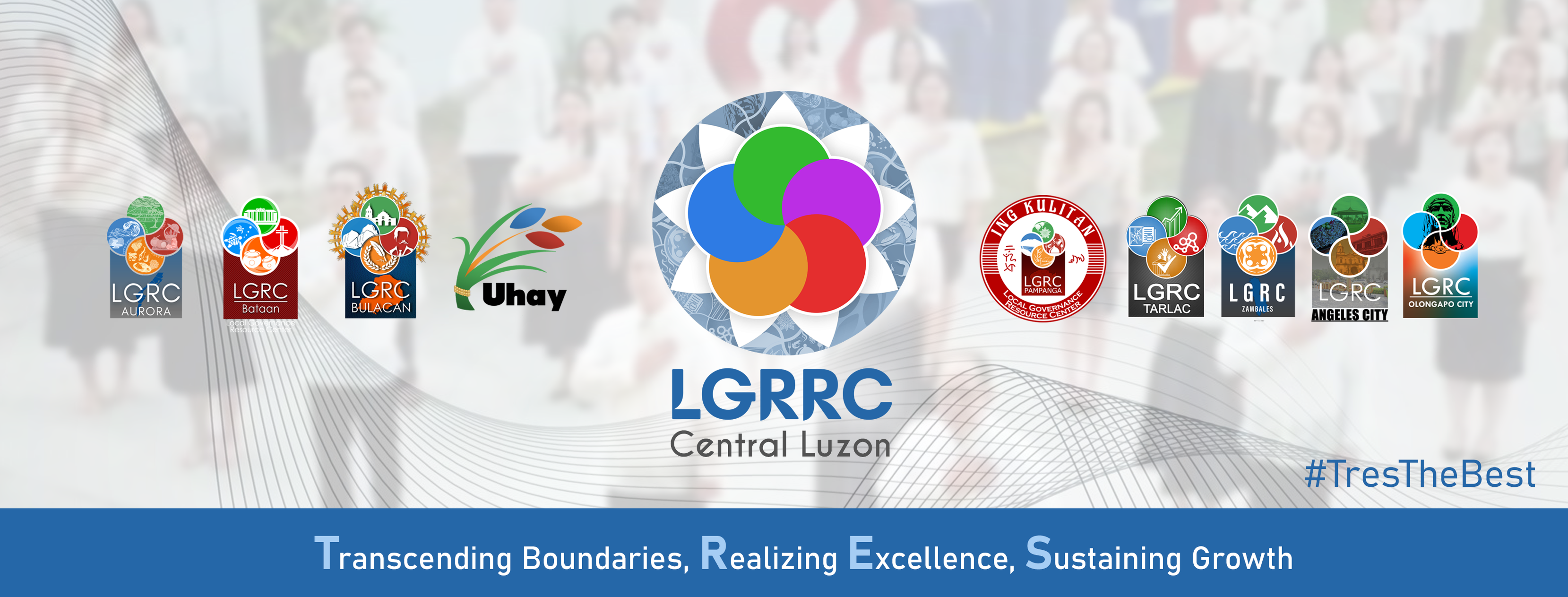




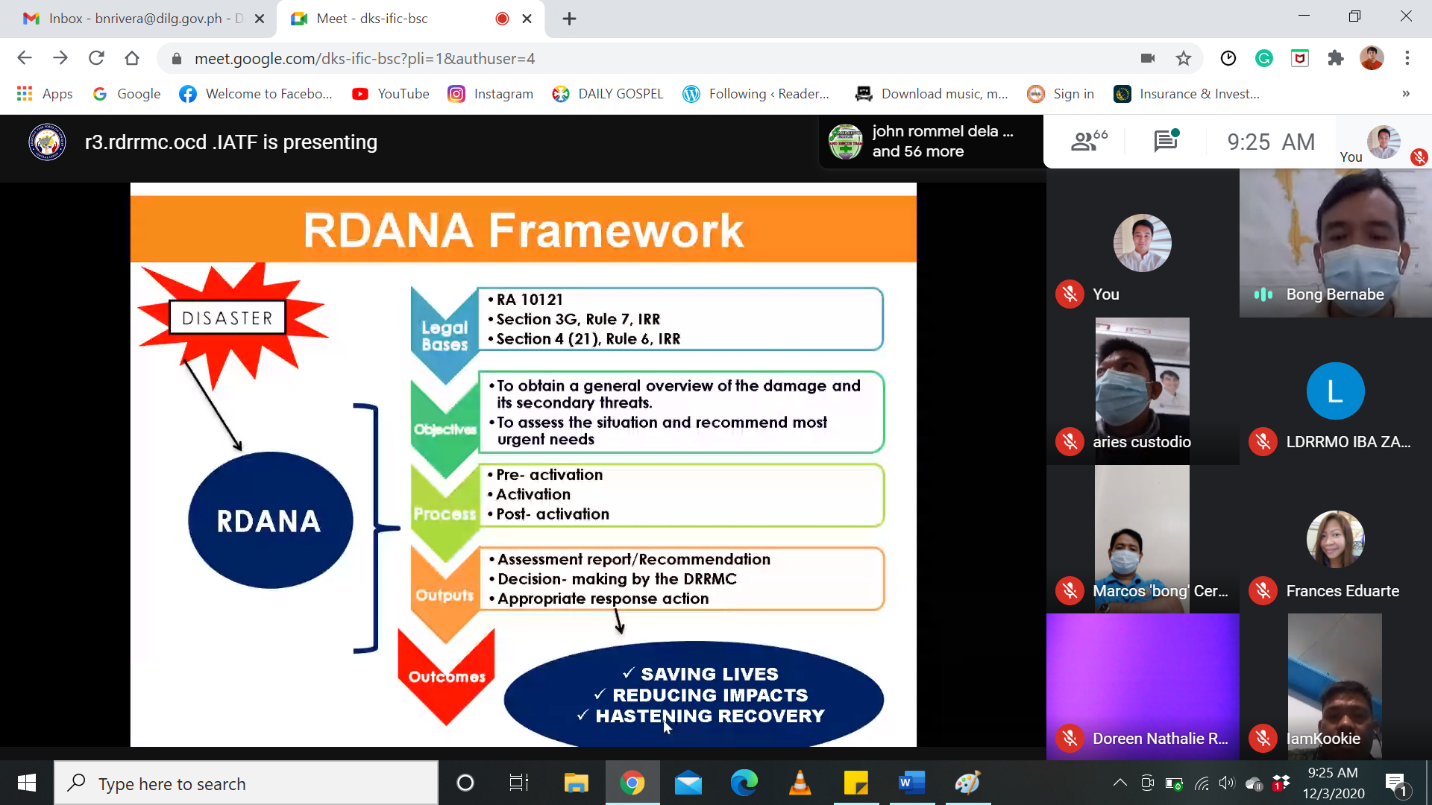
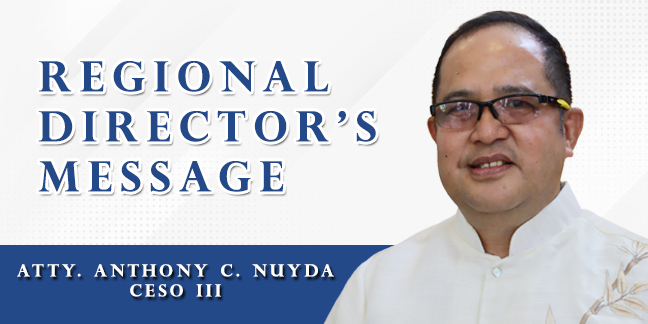
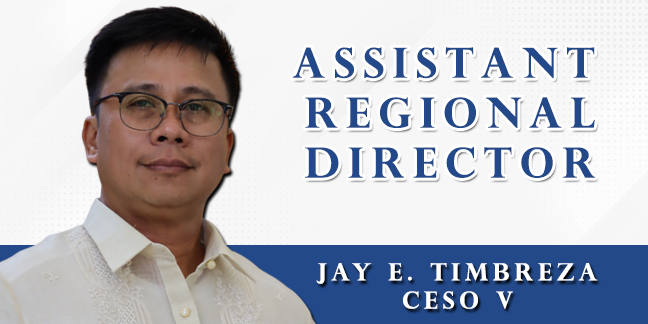
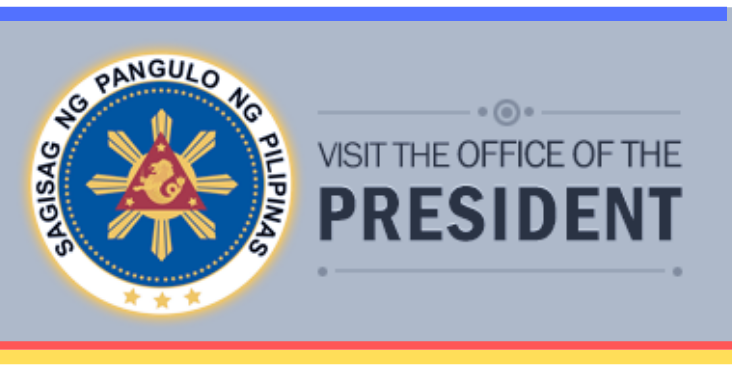

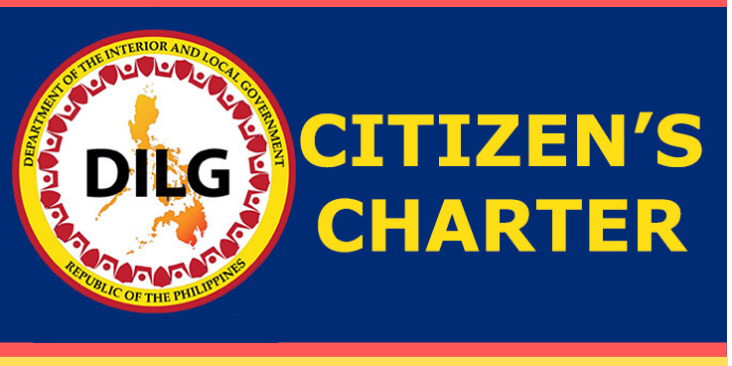
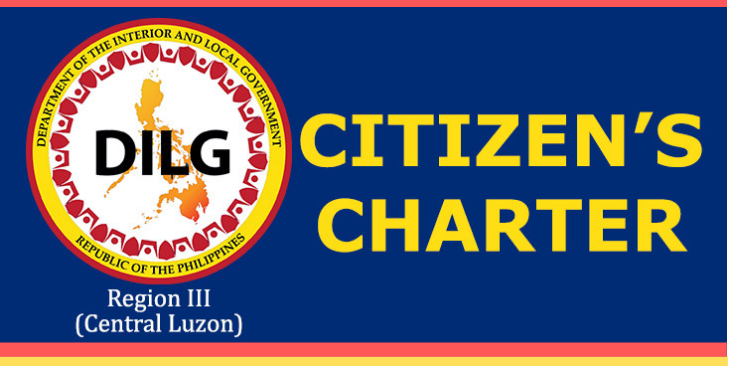


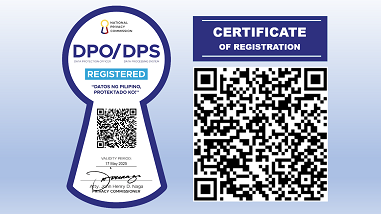
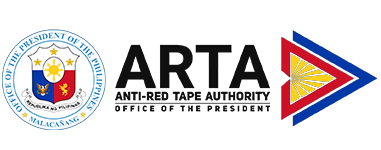
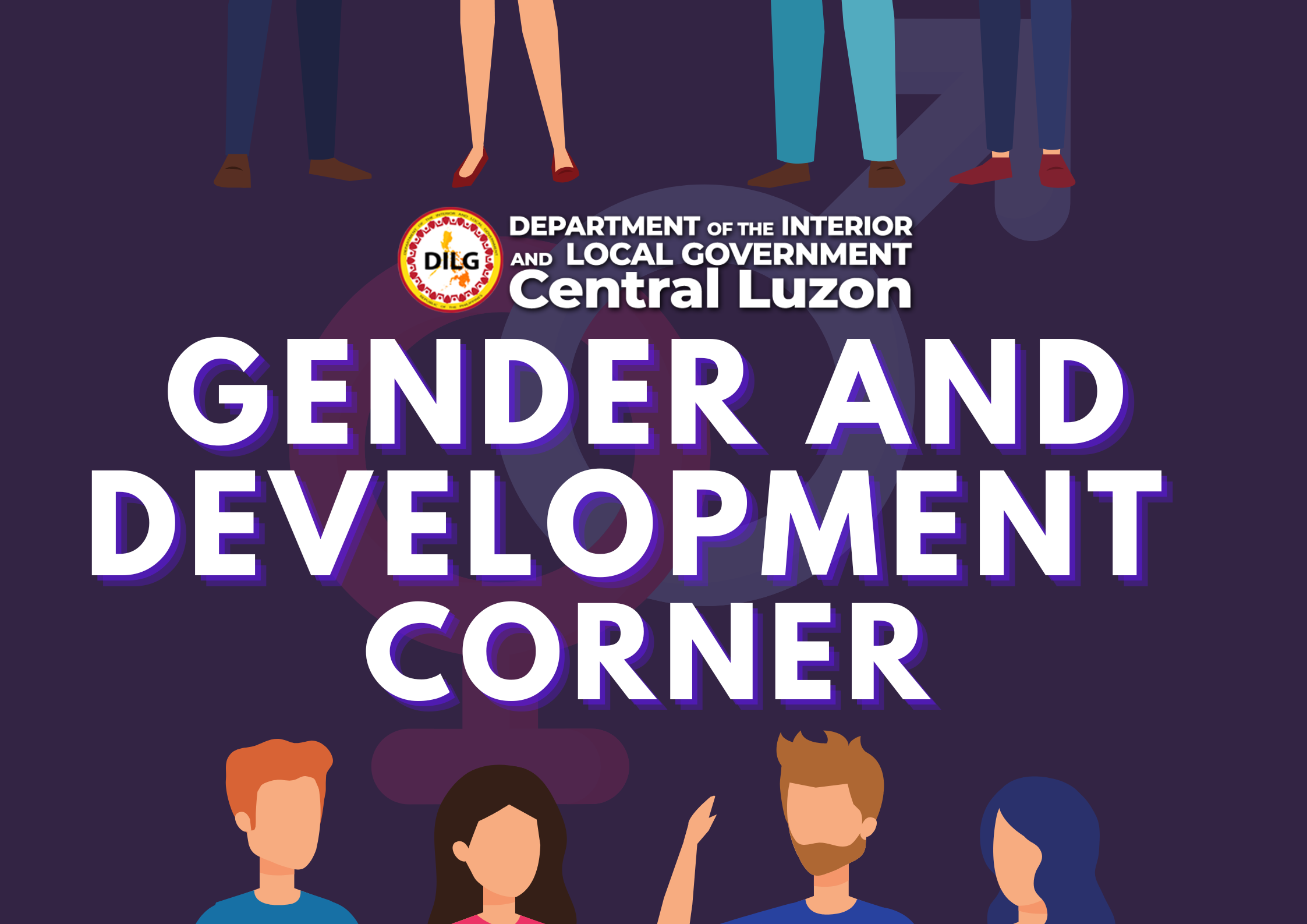
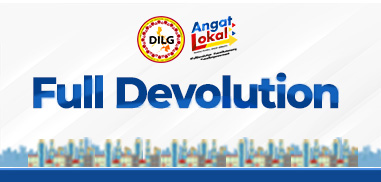

 LOCAL GOVERNMENT ACADEMY
LOCAL GOVERNMENT ACADEMY PHILIPPINE NATIONAL POLICE
PHILIPPINE NATIONAL POLICE BUREAU OF FIRE PROTECTION
BUREAU OF FIRE PROTECTION
 PHILIPPINE PUBLIC SAFETY COLLEGE
PHILIPPINE PUBLIC SAFETY COLLEGE NATIONAL POLICE COMMISSION
NATIONAL POLICE COMMISSION